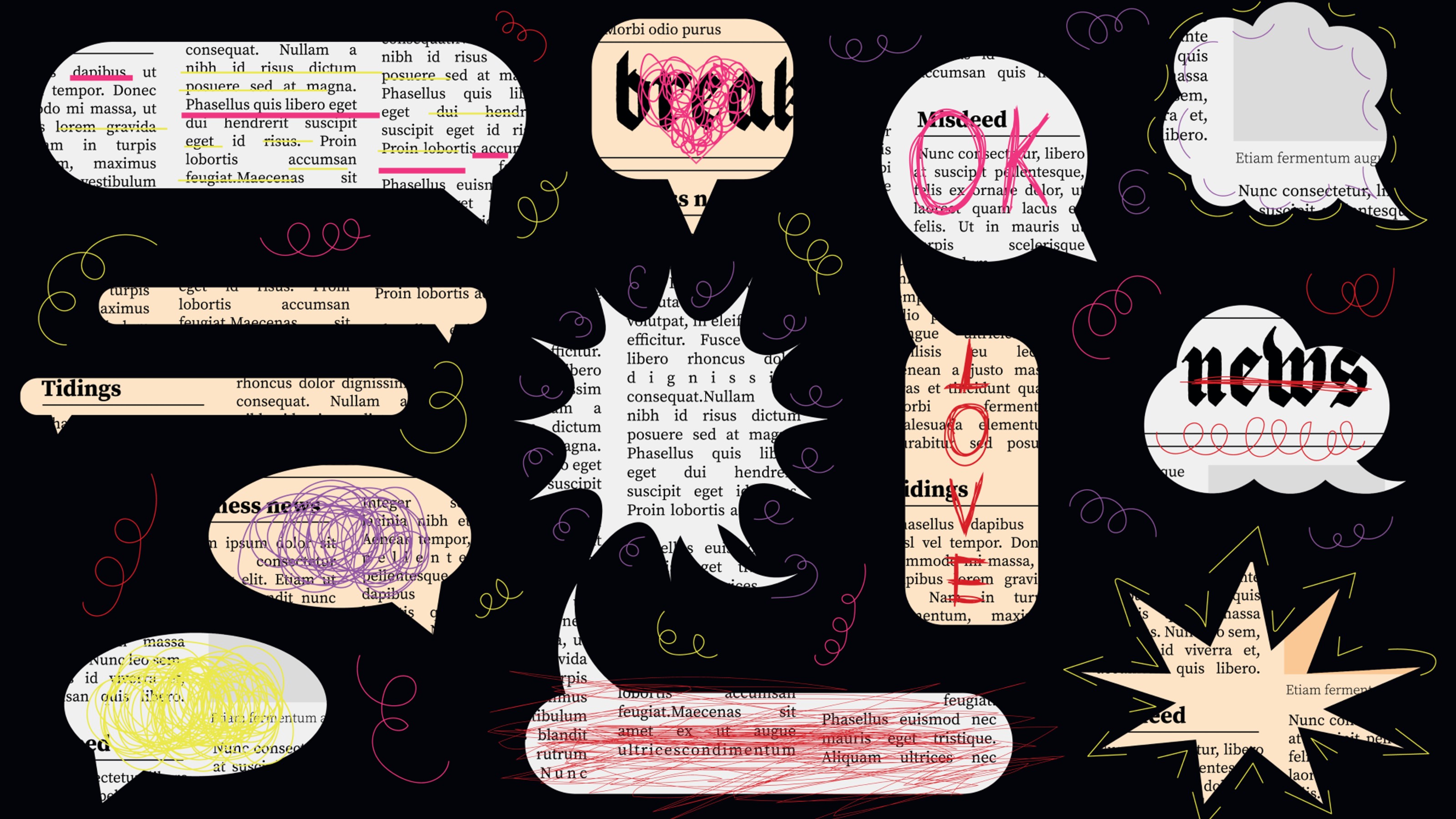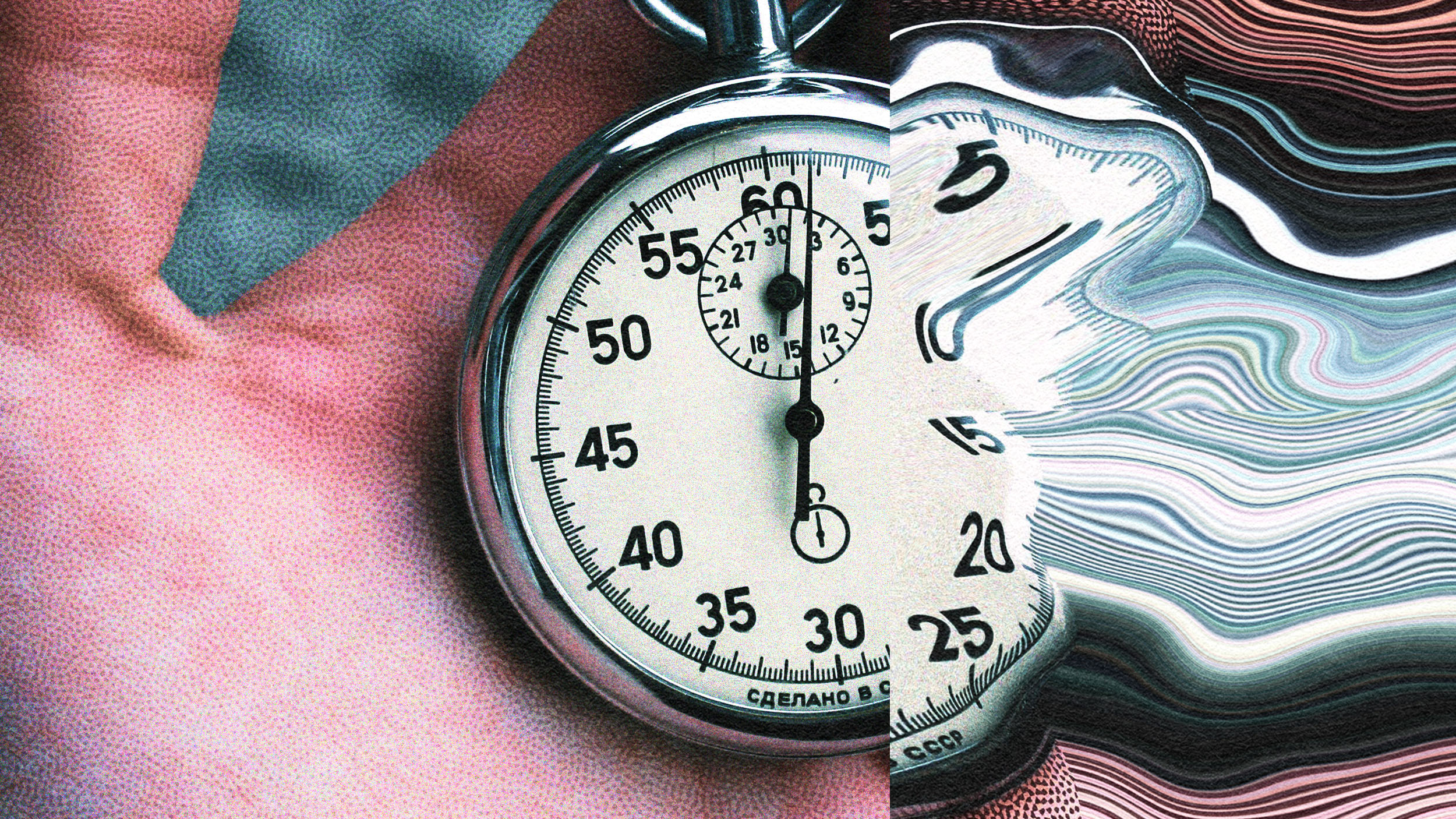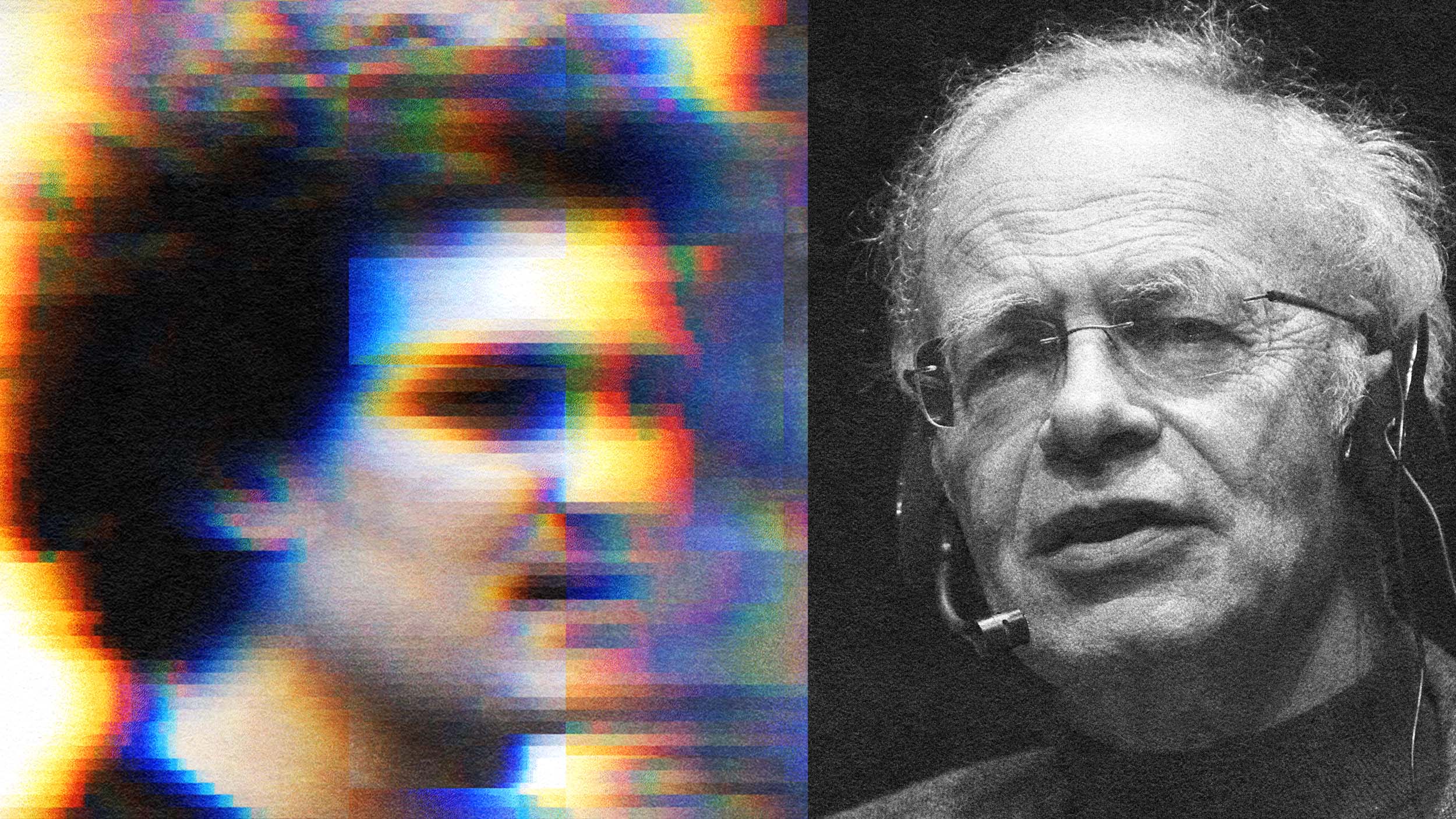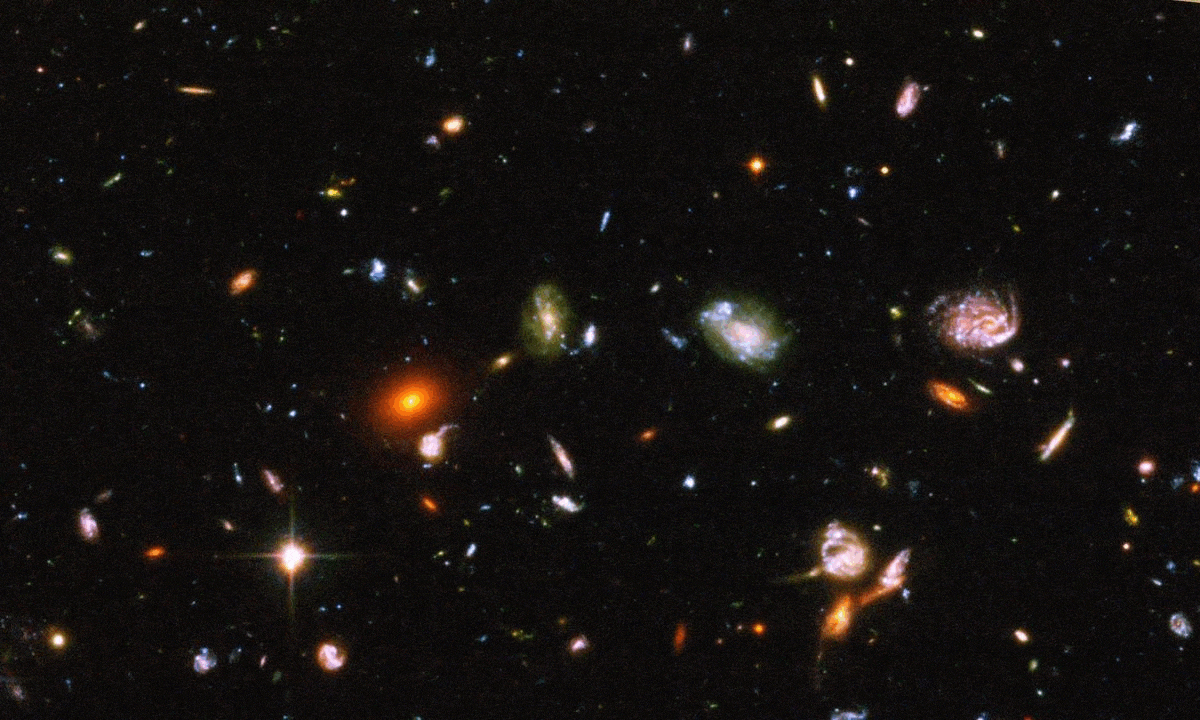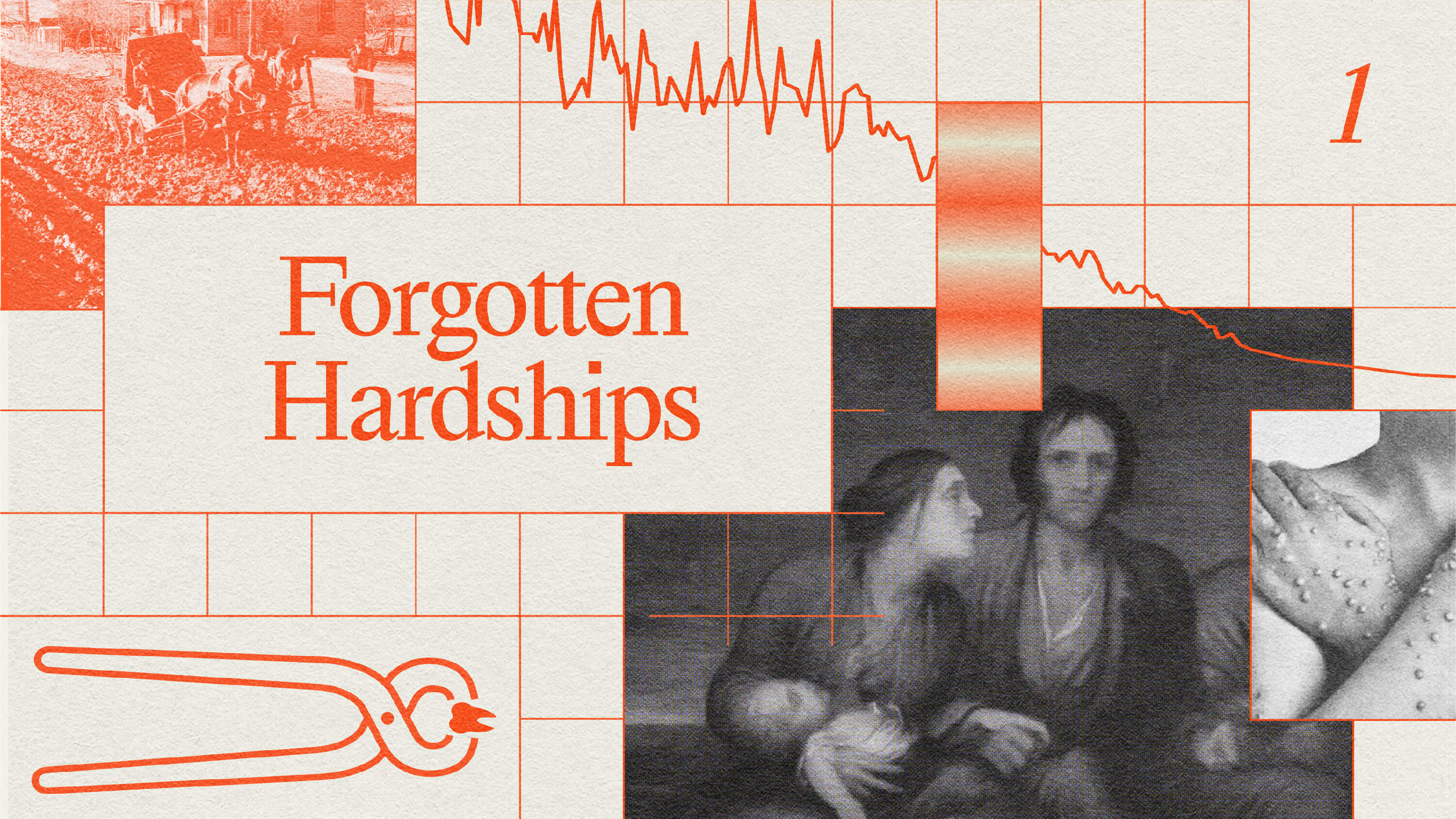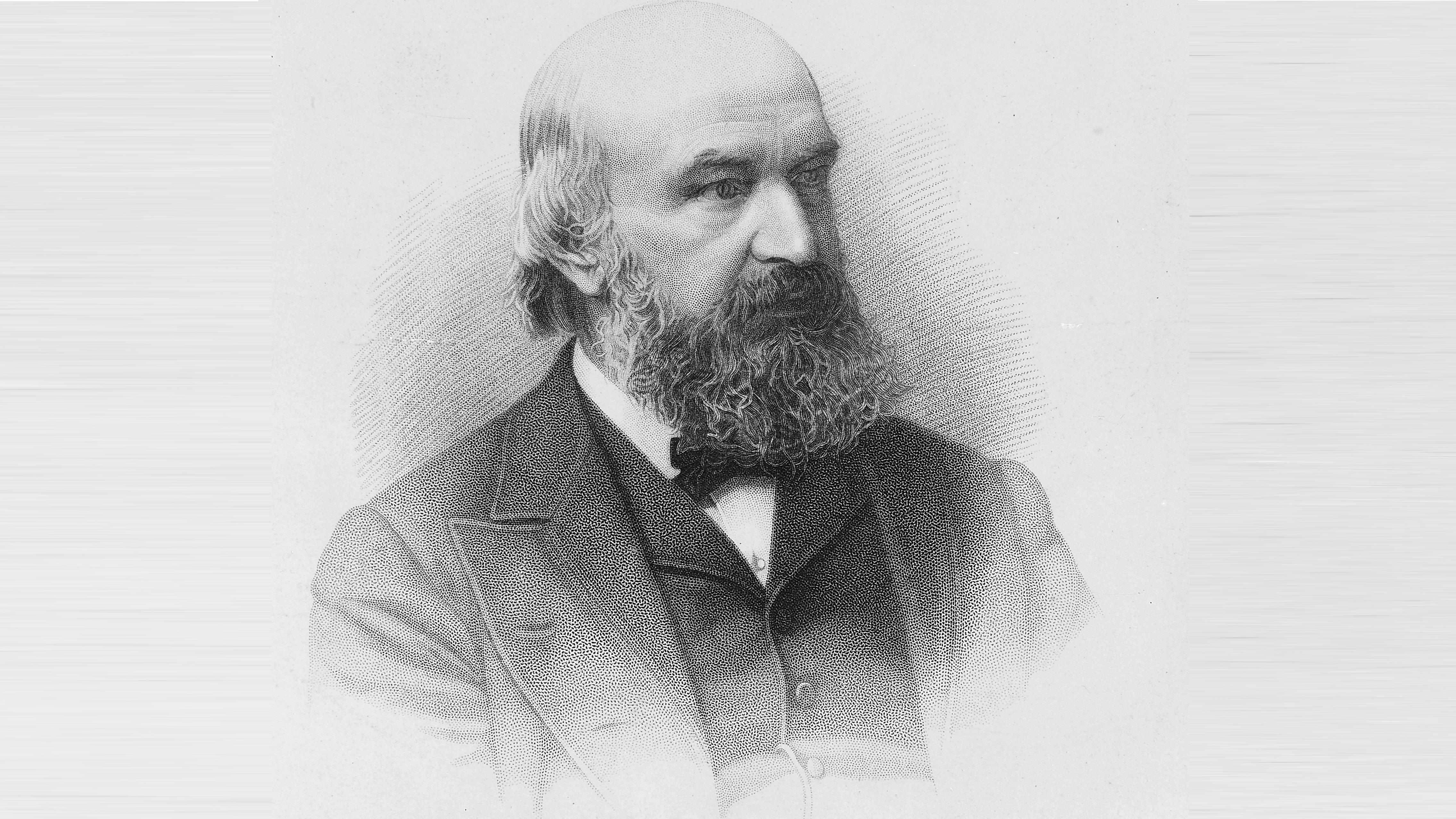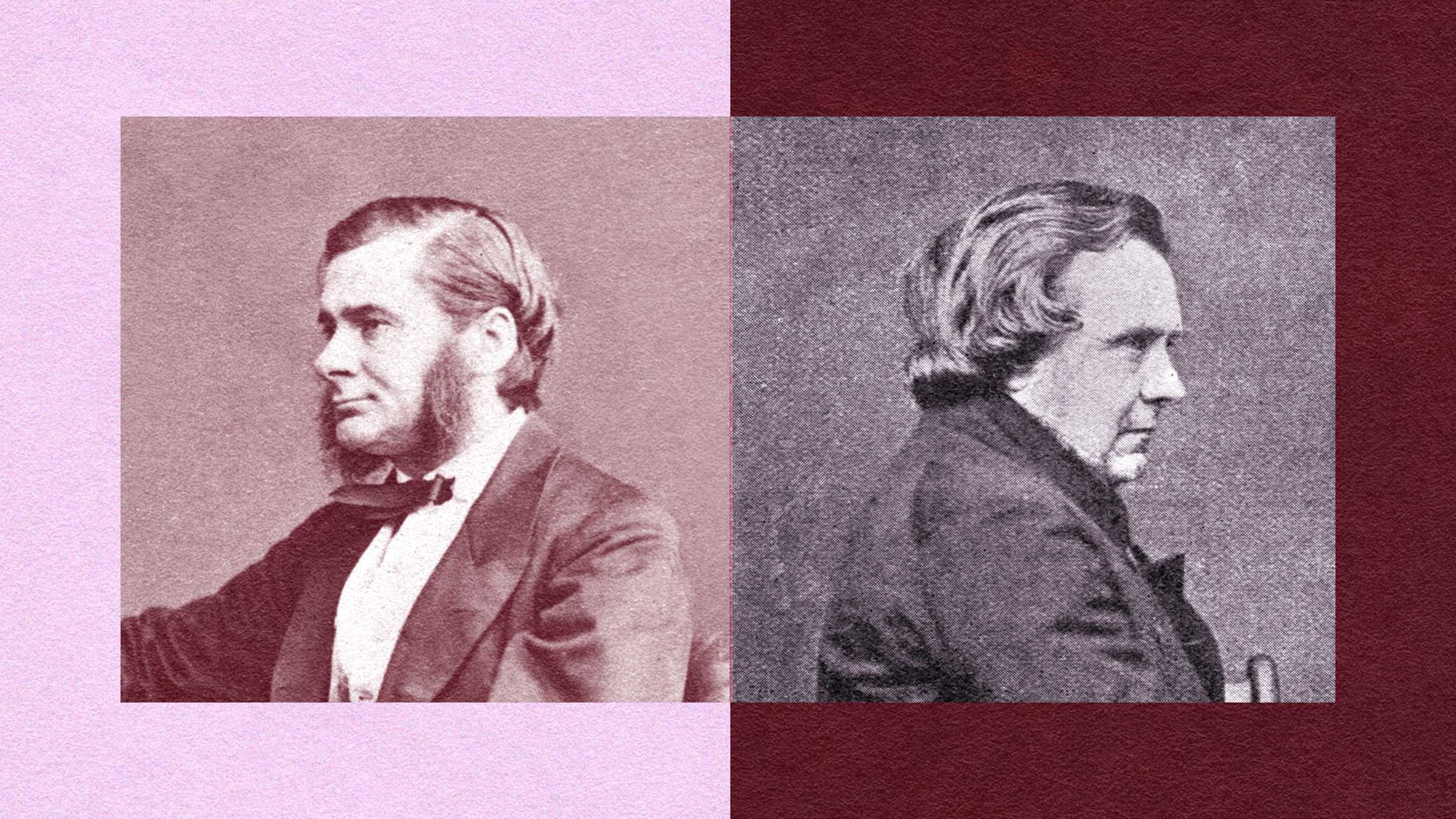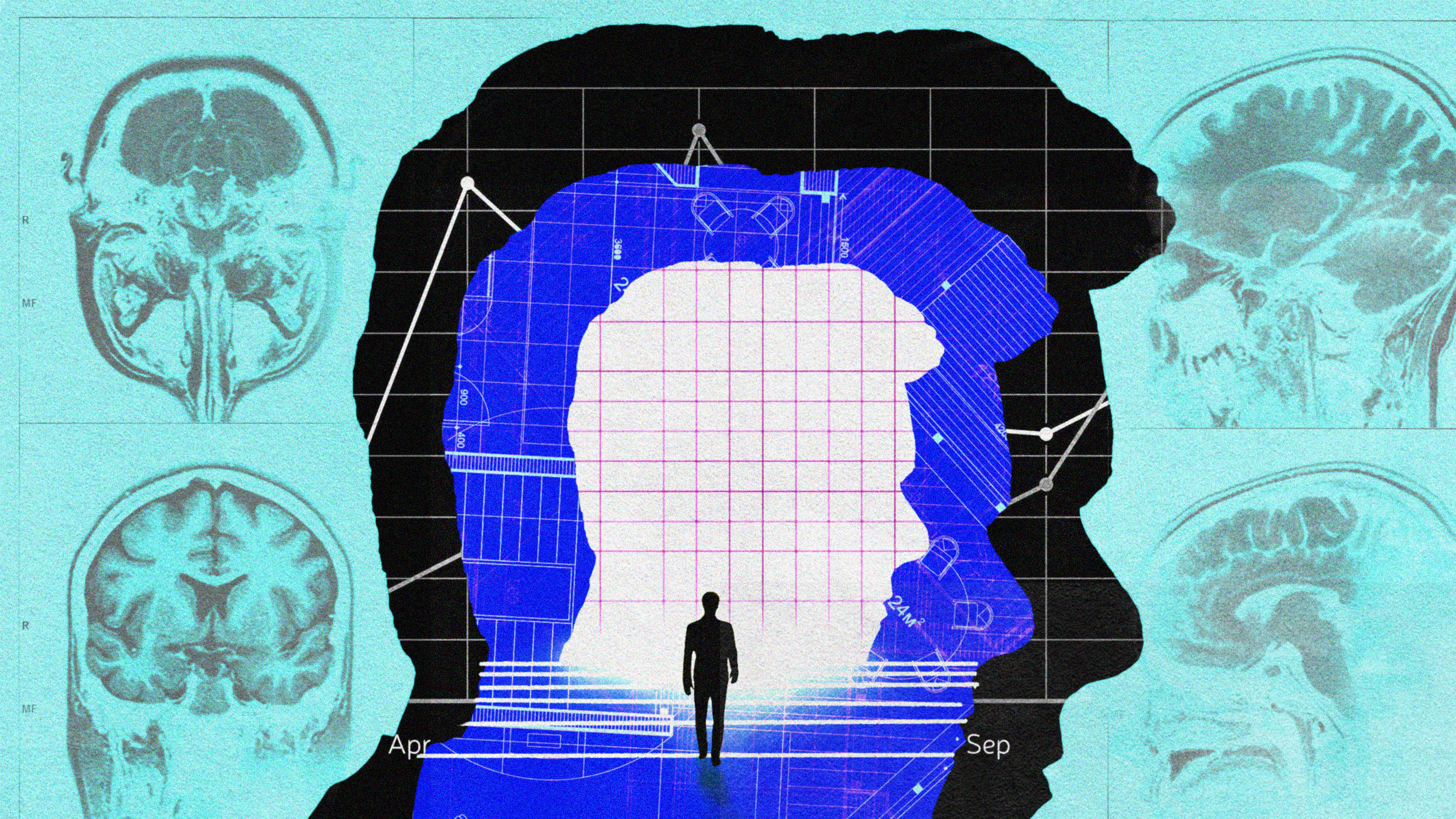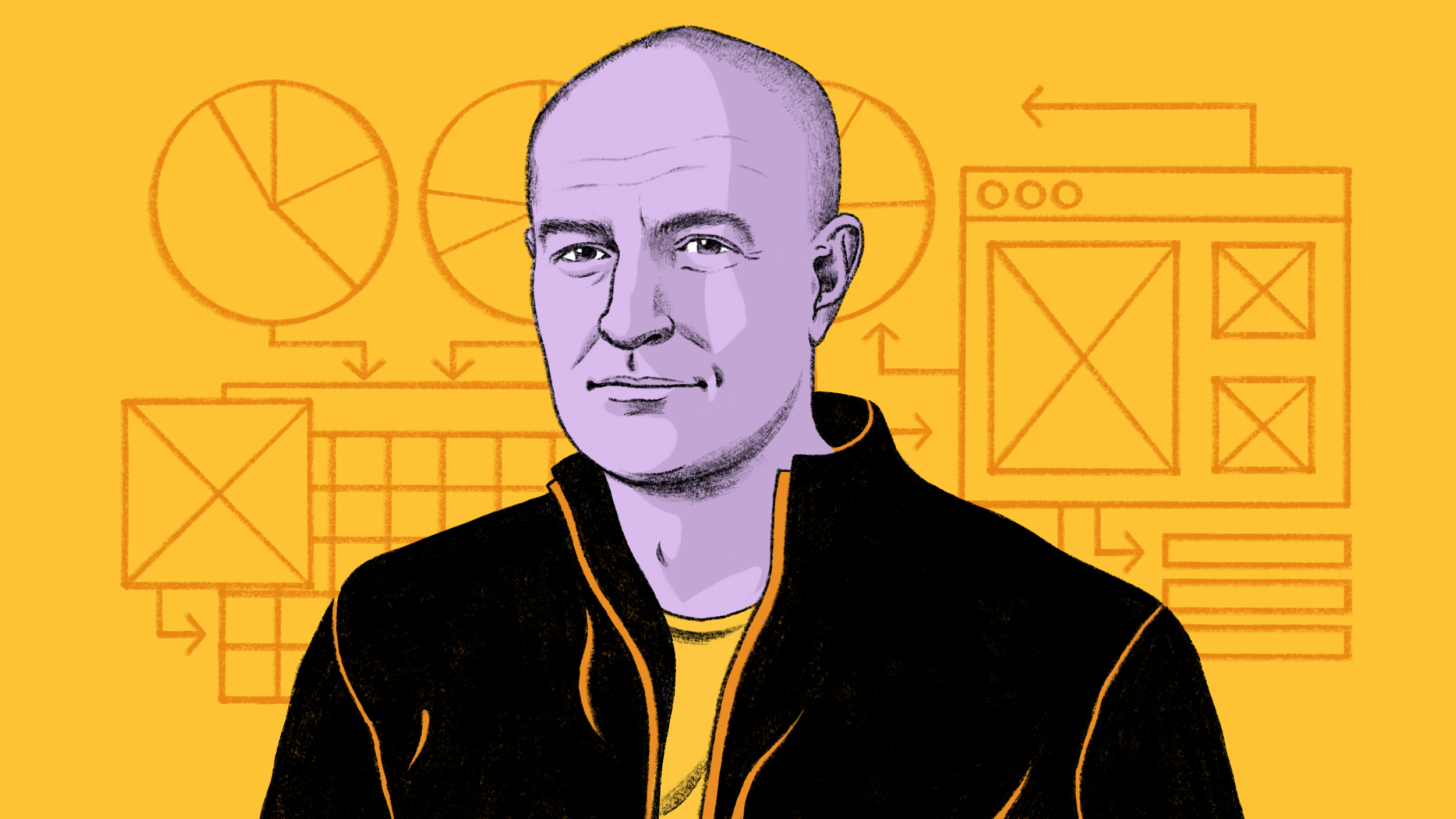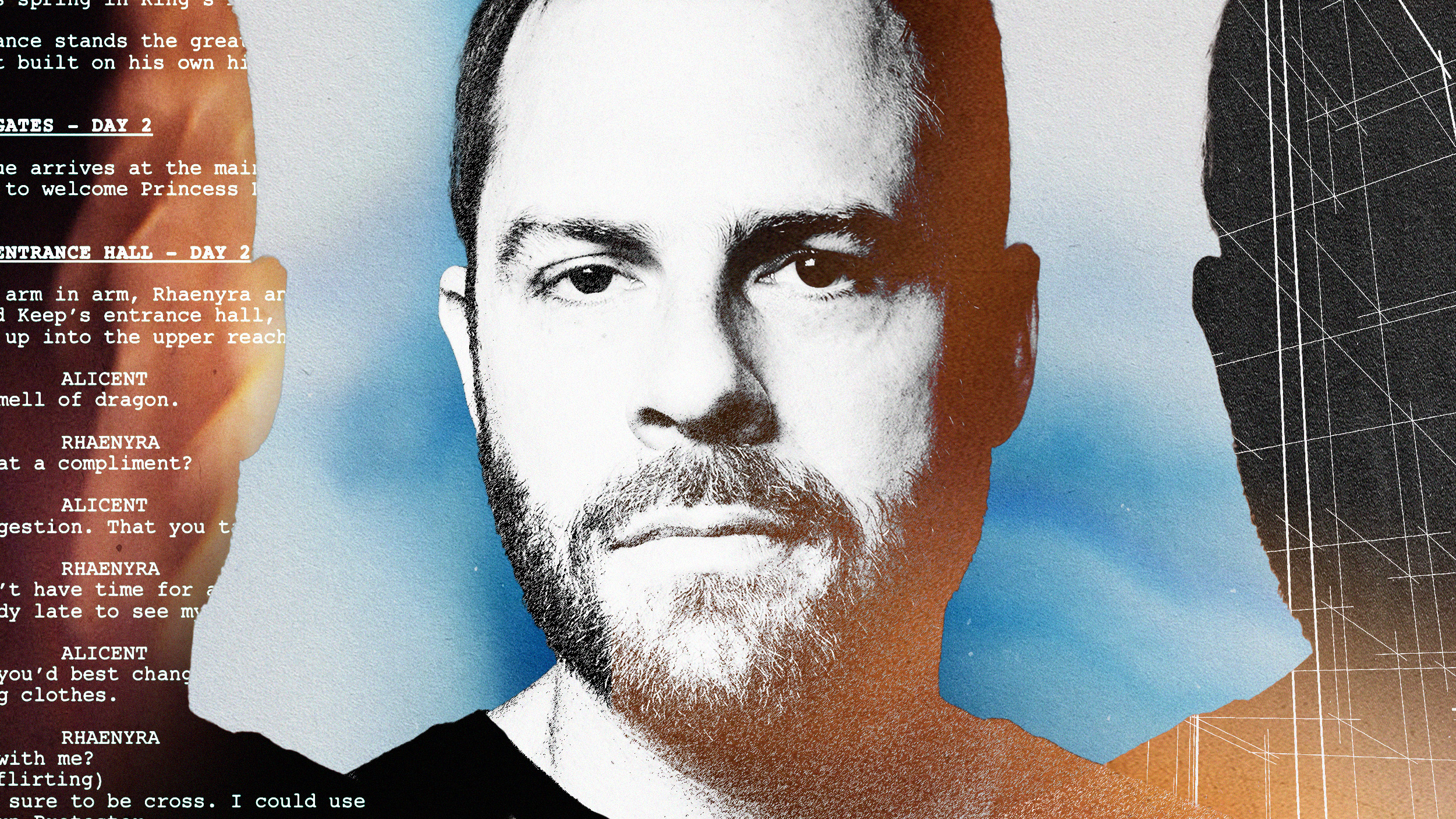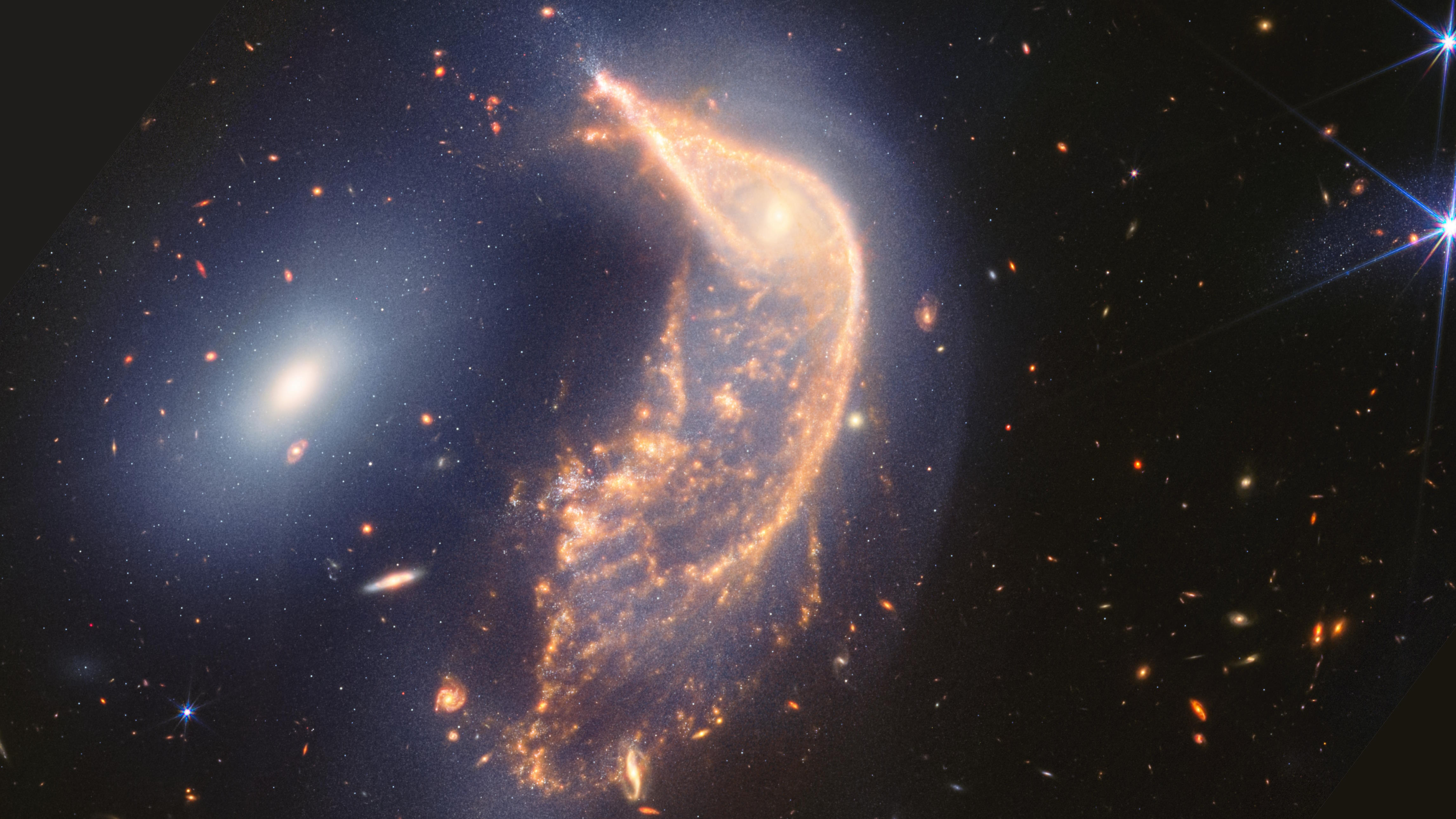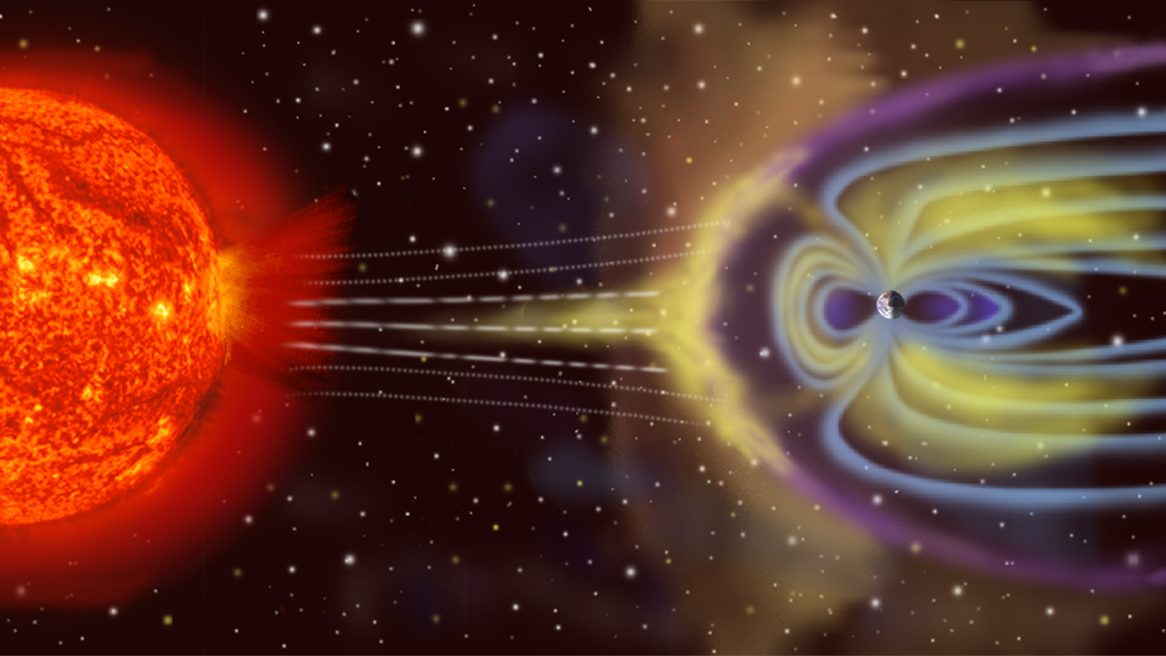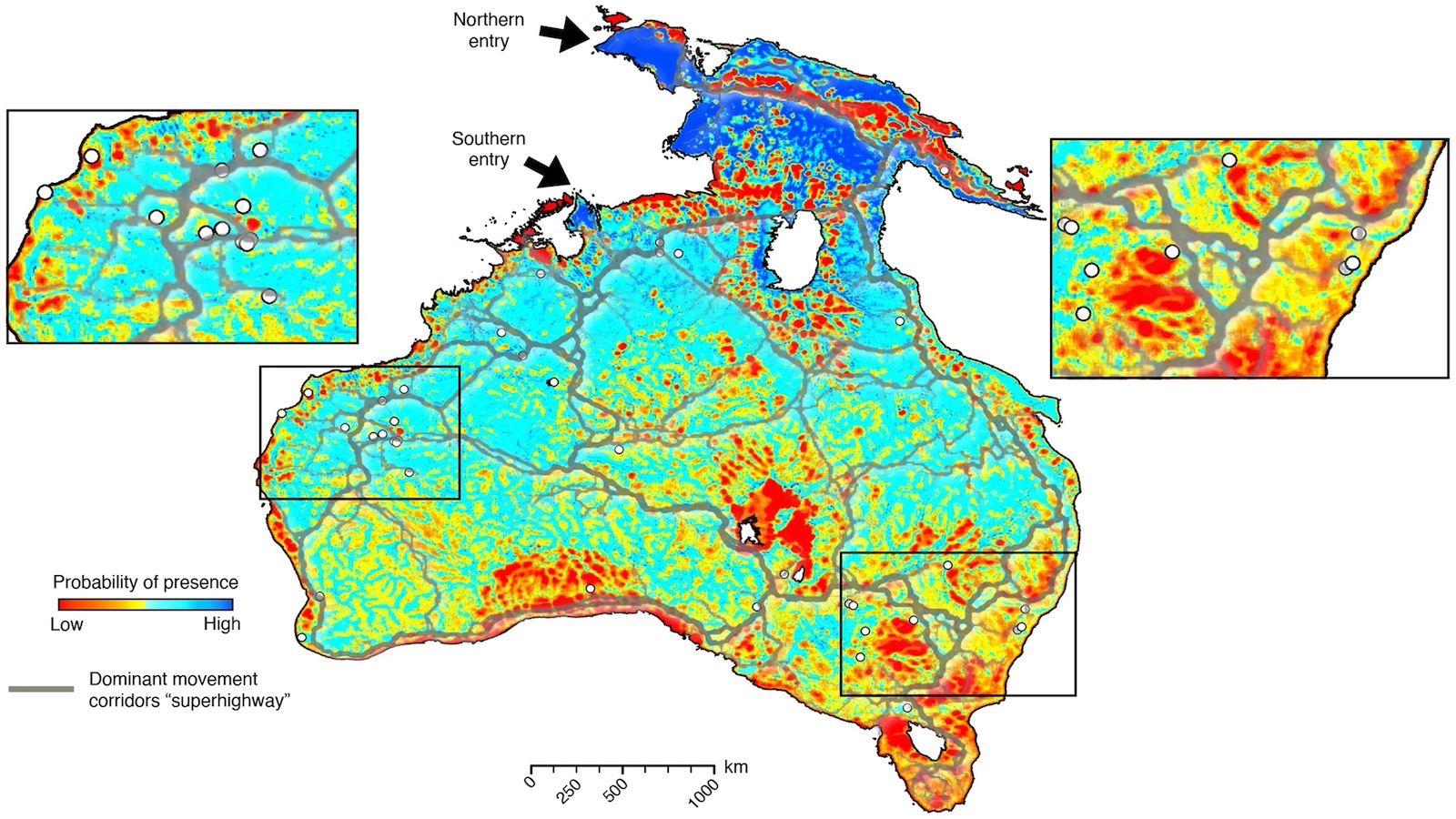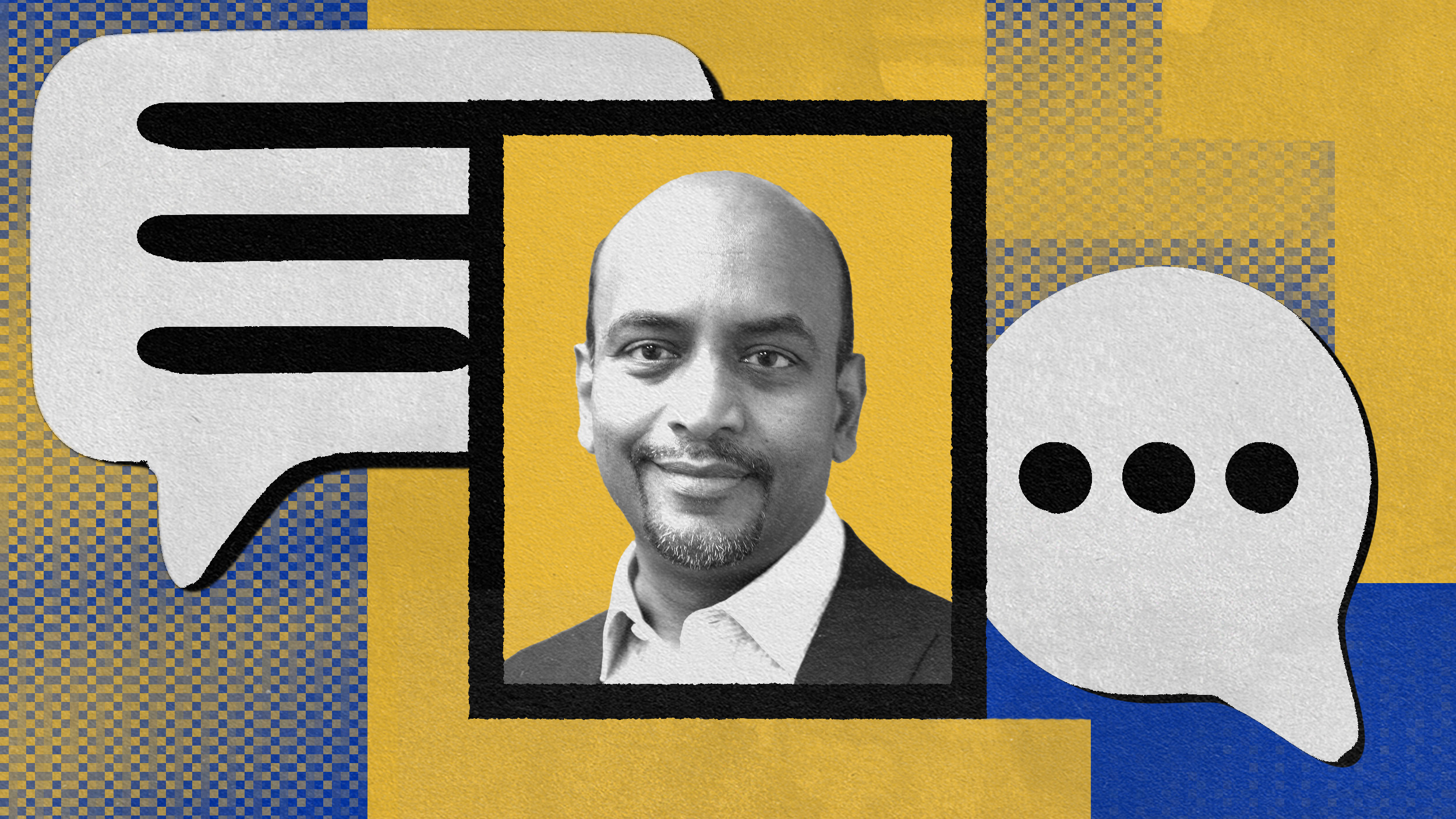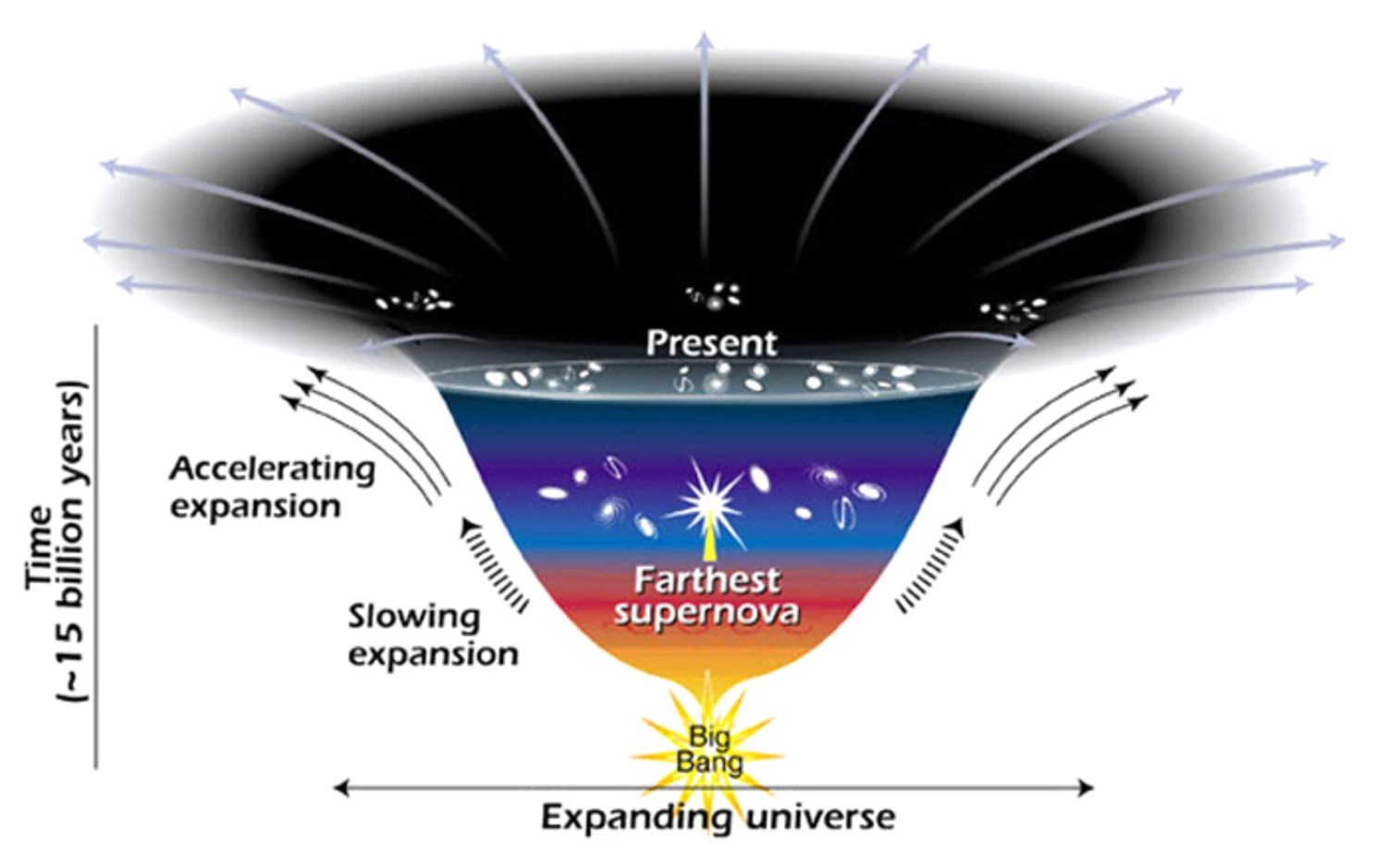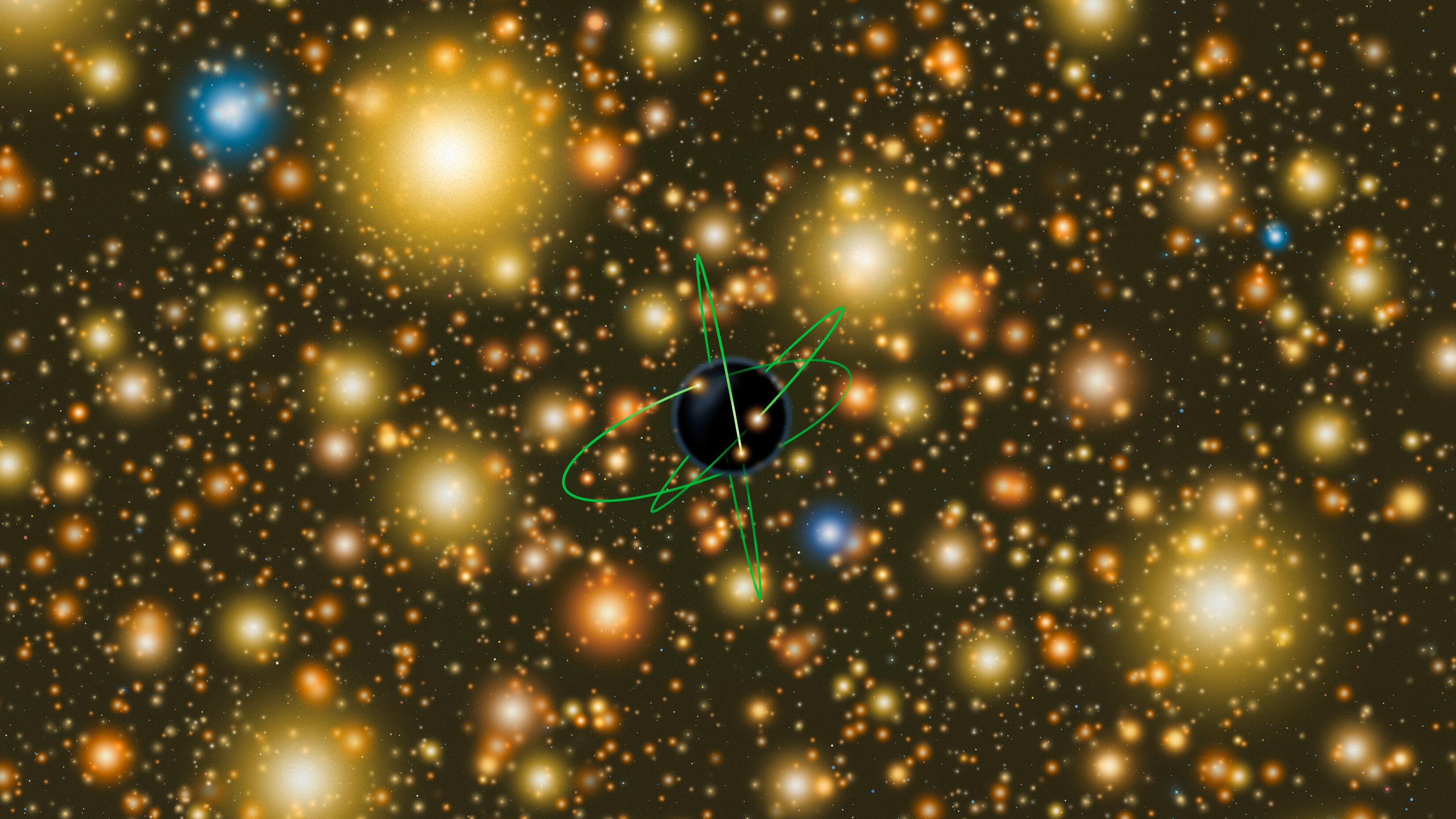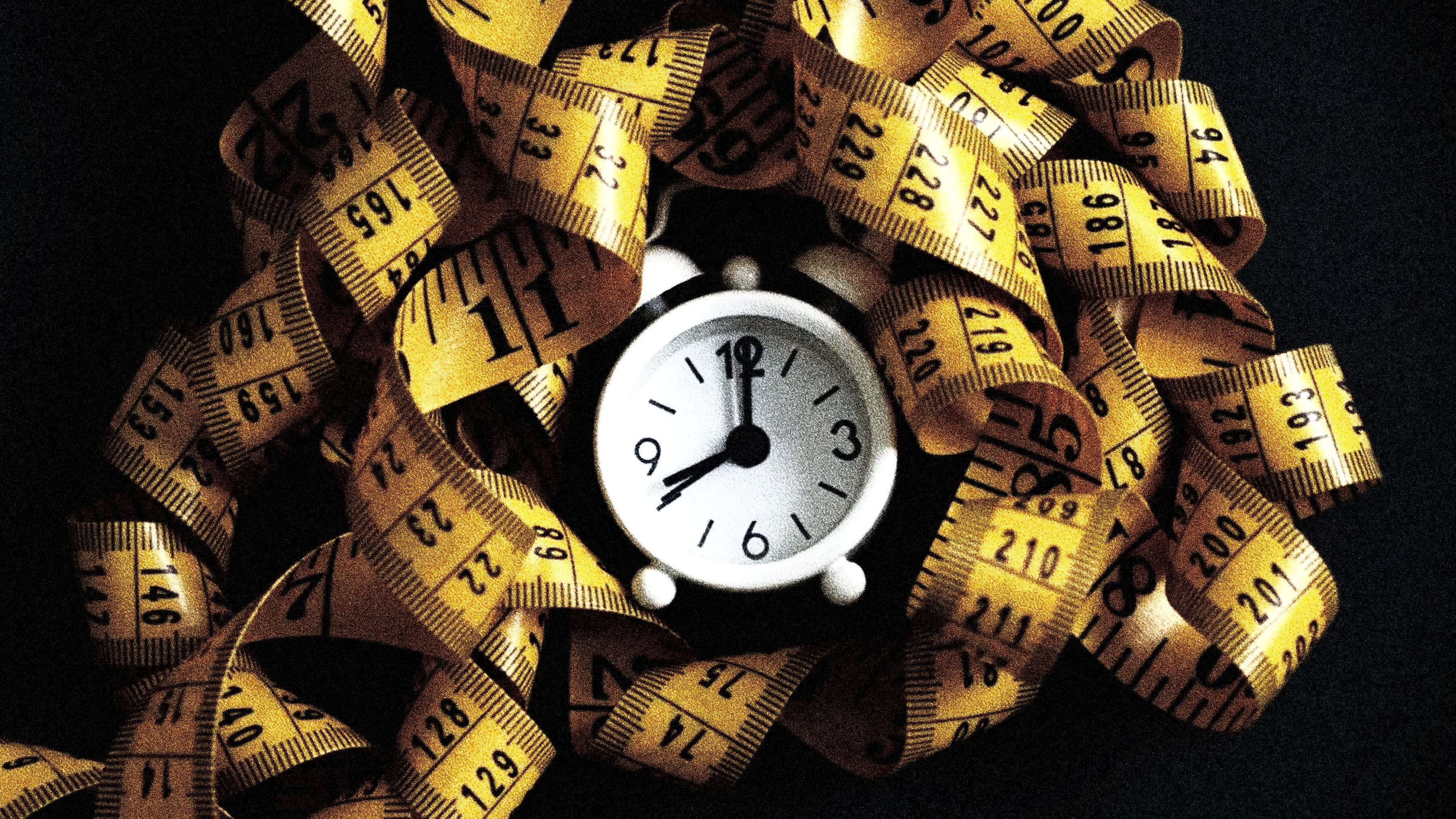Can AI-powered “answer engines” replace the 10 blue links model?
In “Not Born Yesterday,” author and cognitive scientist Hugo Mercier makes the case that misinformation is overrated — and other human foibles are underrated.
When stuffed and staring down the last bite, you might hear your mother’s voice in your mind.
The passage of time is something we all experience, as it takes us from one moment to the next. But could it all just be an illusion?
“The movement is much bigger than Sam Bankman-Fried, or any one person, no matter how wealthy,” philosopher Peter Singer told Big Think.
From inside our Solar System, zodiacal light prevents us from seeing true darkness. From billions of miles away, New Horizons finally can.
9 minutes of cruel history may cure the anti-progress delusion.
The Extremely Large Telescope (ELT) will have a light-collecting power 10 times greater than today’s best telescope.
Adams was infamously scooped when Neptune was discovered in 1846. His failure wasn’t the end, but a prelude to a world-changing discovery.
The true story of the shot that “reverberated through England” when science collided head-on with religion.
Big Think Business columnist Eric Markowitz prefaces his new series on long-term thinking with the experience that almost cut his life short.
The best of all investor attributes is easily attained — and unbeatable in combination with other advantages.
It’s knowledgeable, confident, and behaves human-like in many ways. But it’s not magic that powers AI though; it’s just math and data.
Cam Lawrence — CEO of international venture platform Newlab — joins Big Think Business to discuss his strategic vision for climate tech.
Ryan Condal, who worked in pharmaceutical advertising before Hollywood, talks with Big Think about imposter syndrome, “precrastination,” and Westeros lore.
For its 2-year science anniversary, JWST has revealed unprecedented details in “the Penguin and the Egg.” Here are the surprises inside.
Our desire for recognition at work can lead to perilous ends.
In the fight between head and heart, psychologists will win.
Is human overpopulation alarmist hype with disturbing consequences? Oxford data scientist Hannah Ritchie debunks the overpopulation myth.
▸
7 min
—
with
As the Sun ages, it loses mass, causing Earth to spiral outward in its orbit. Will that cool the Earth down, or will other effects win out?
The world needs a moral defense of progress based in humanism and agency.
A new method of mapping migration factors in erratic movements and changing climate.
Our relationship with chatbots is undergoing a sea change — here’s how the transformation will most affect you and your team.
Just 13.8 billion years after the hot Big Bang, we can see objects up to 46.1 billion light-years away. No, this doesn’t violate relativity.
We know of stellar mass and supermassive black holes, but intermediate mass ones have long proved elusive. Until now.
For most of human history, babies probably picked up language by overhearing.
Google’s first Chief Innovation Evangelist — Frederik Pferdt — lays out a map for navigating unprecedented change and innovation.
The Bullet Cluster has, for nearly 20 years, been hailed as an empirical “proof” of dark matter. Can their detractors explain it away?
In “Moral Ambition,” Dutch historian Rutger Bregman argues that all would benefit from a collective redefinition of success.
“Fasting…should not be demonized for simply suggesting that we take a break from eating once in a while.”

